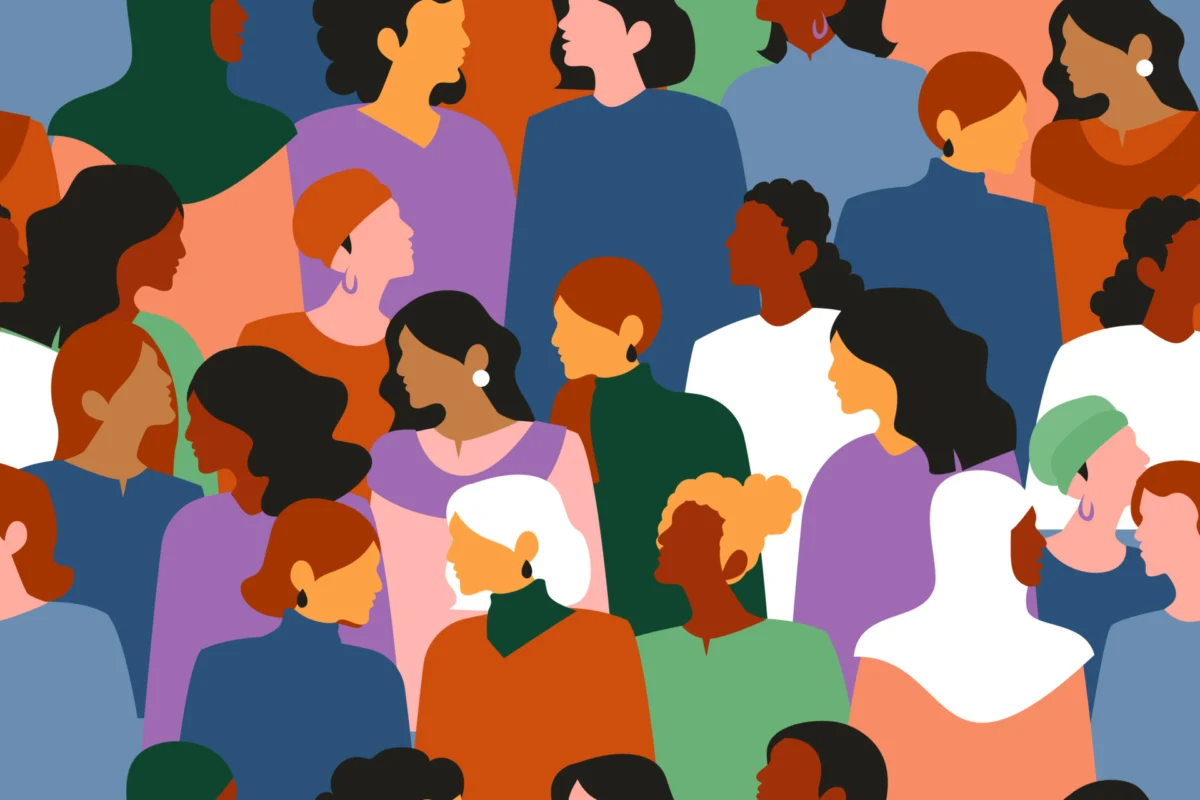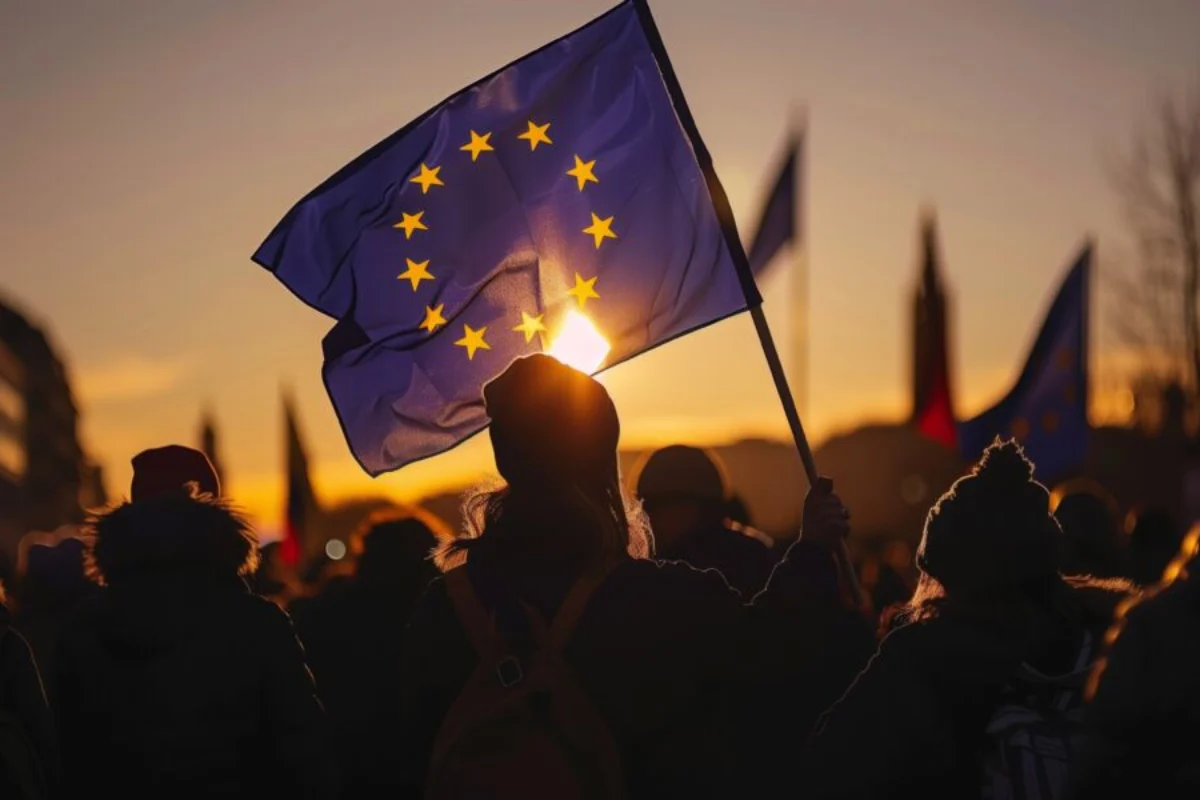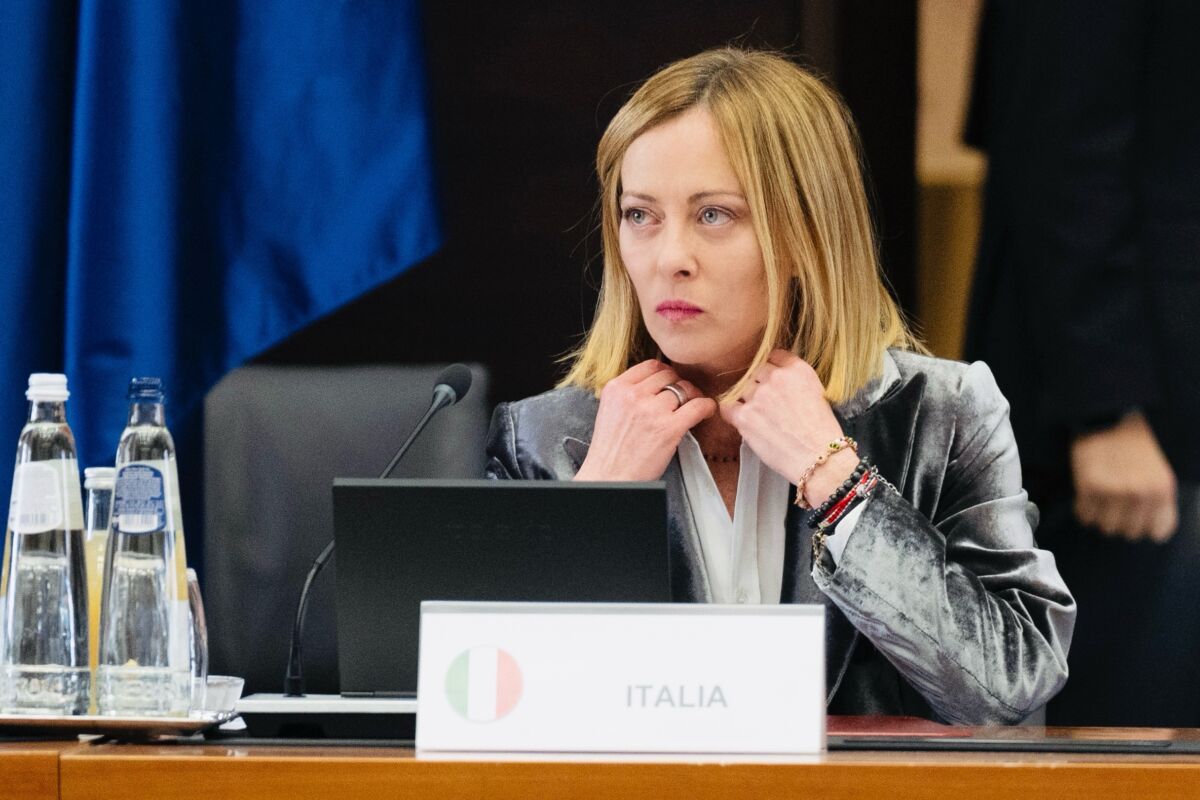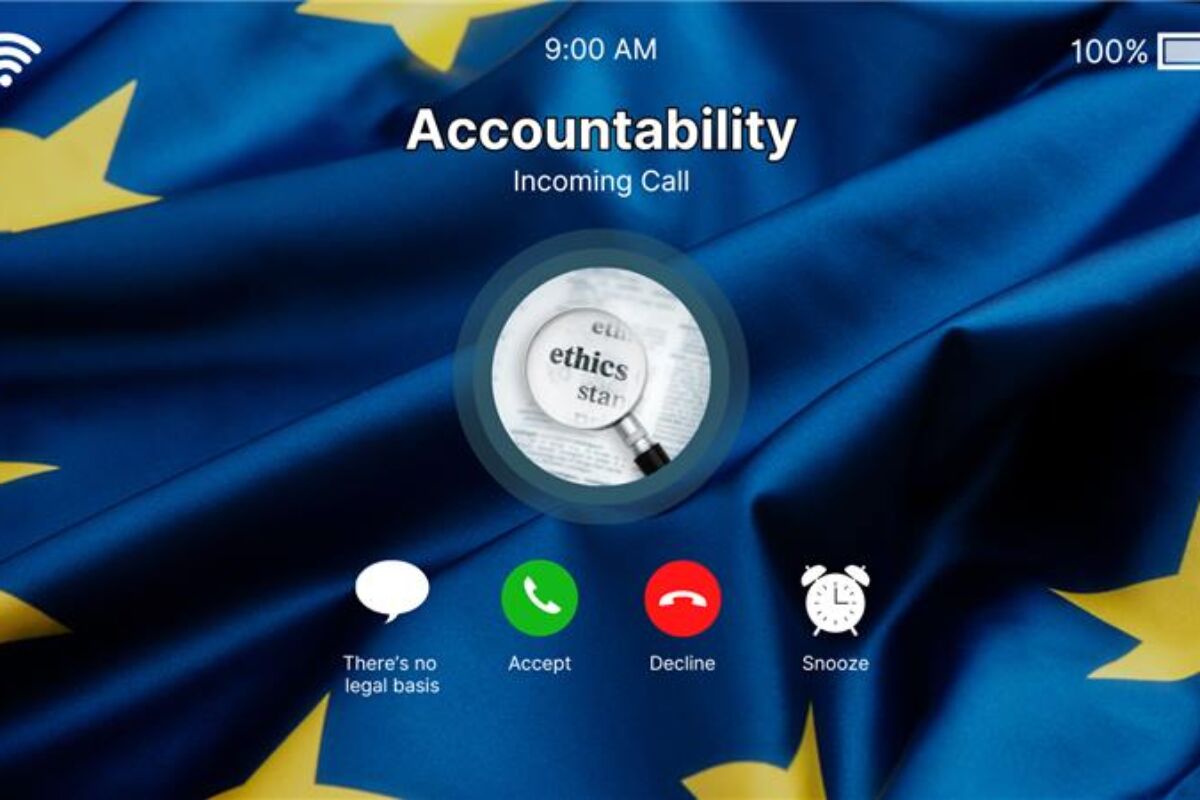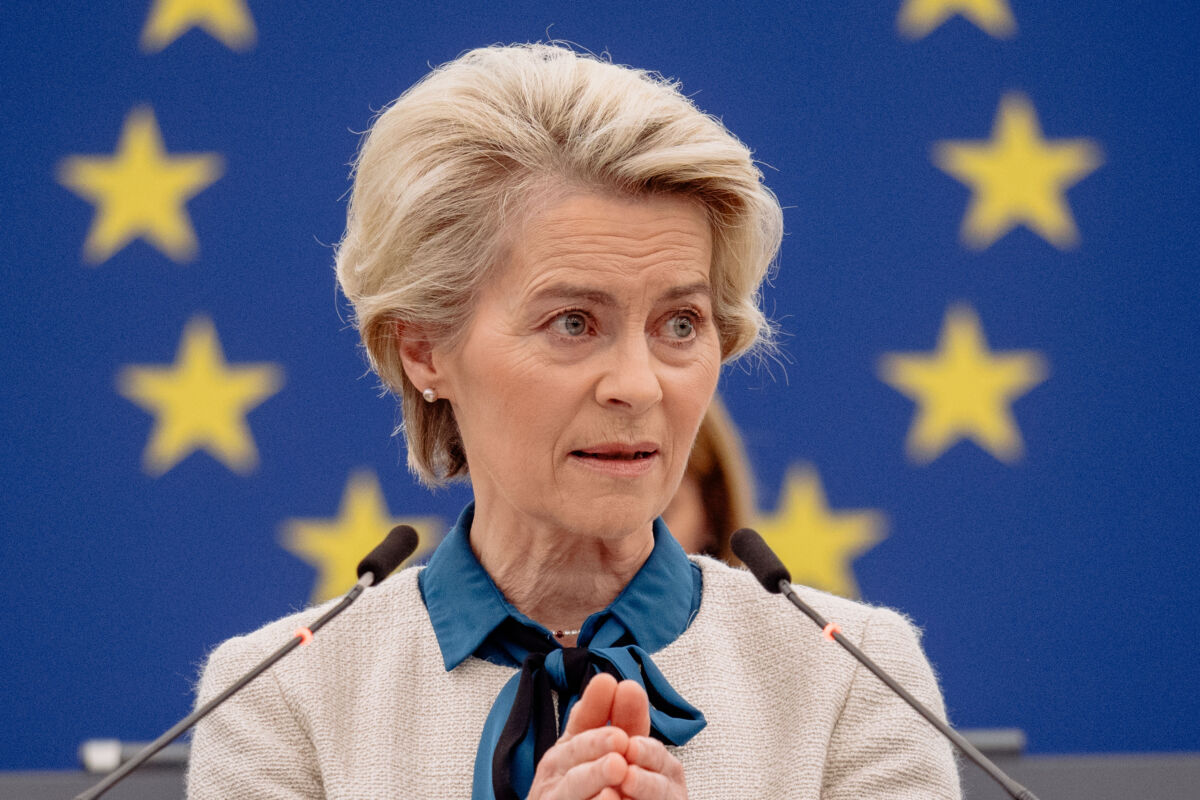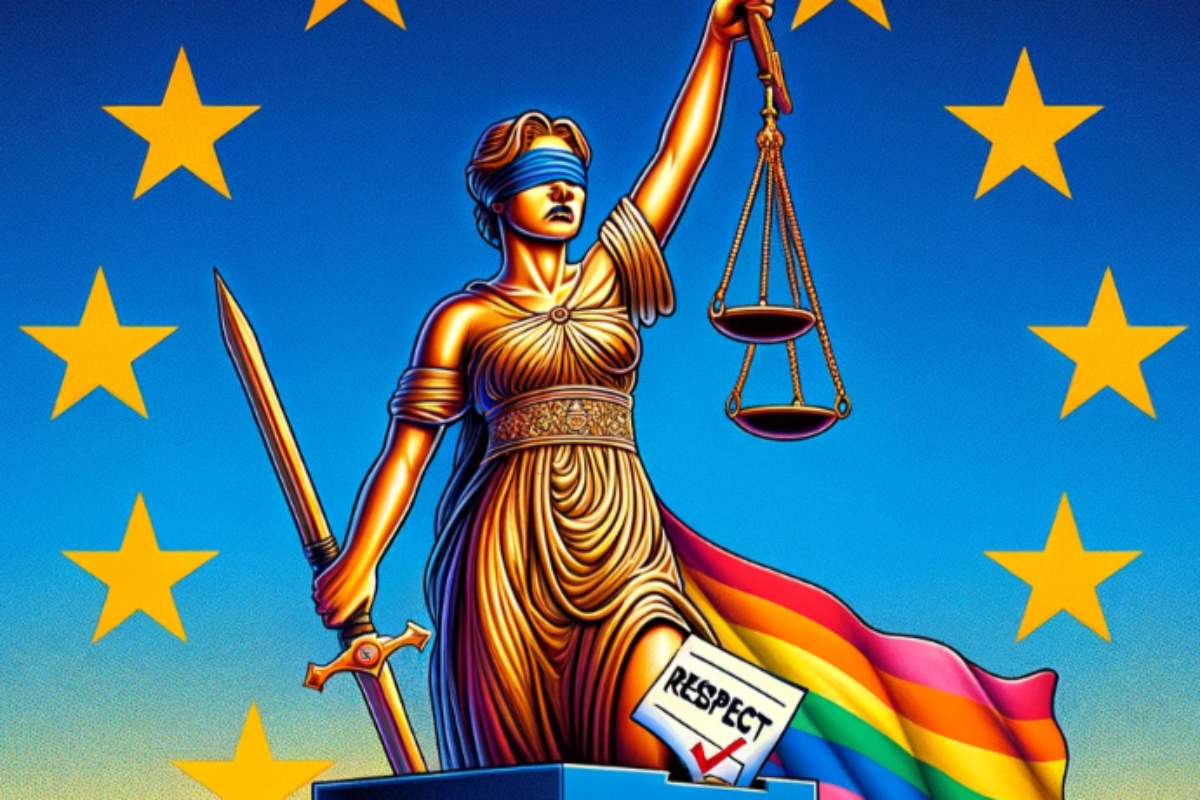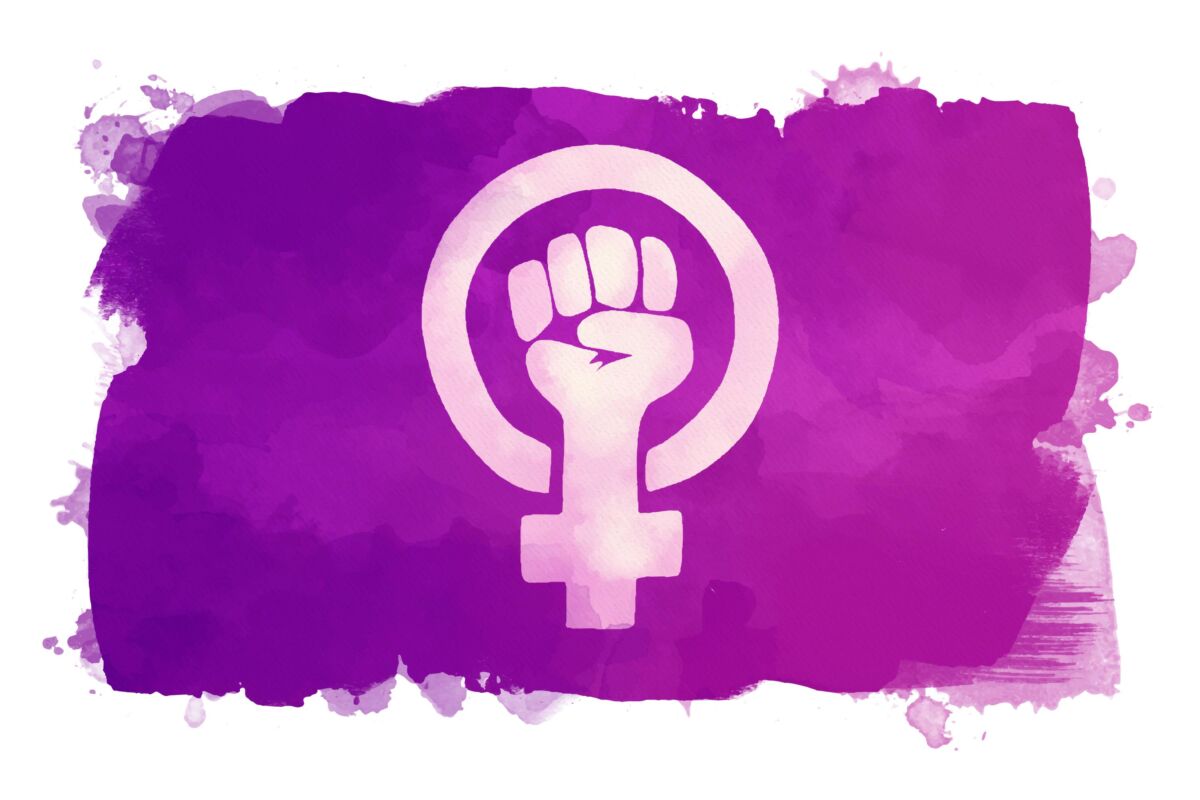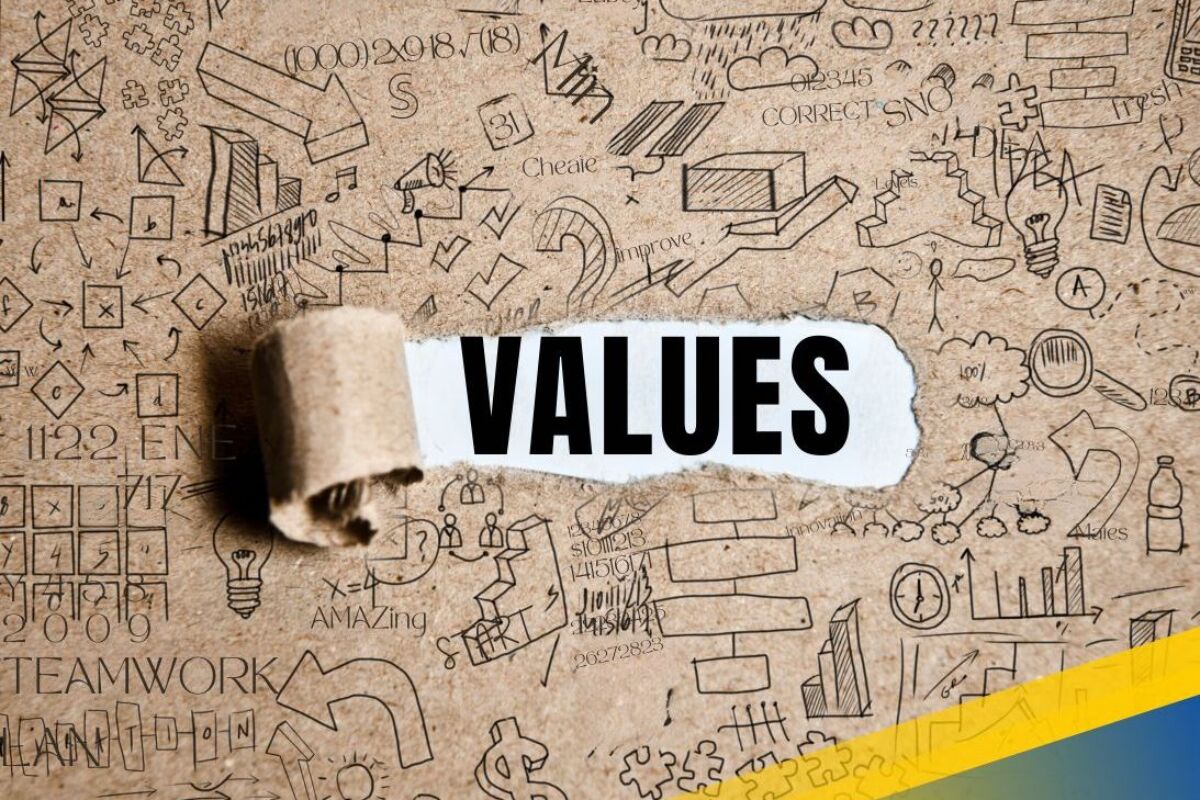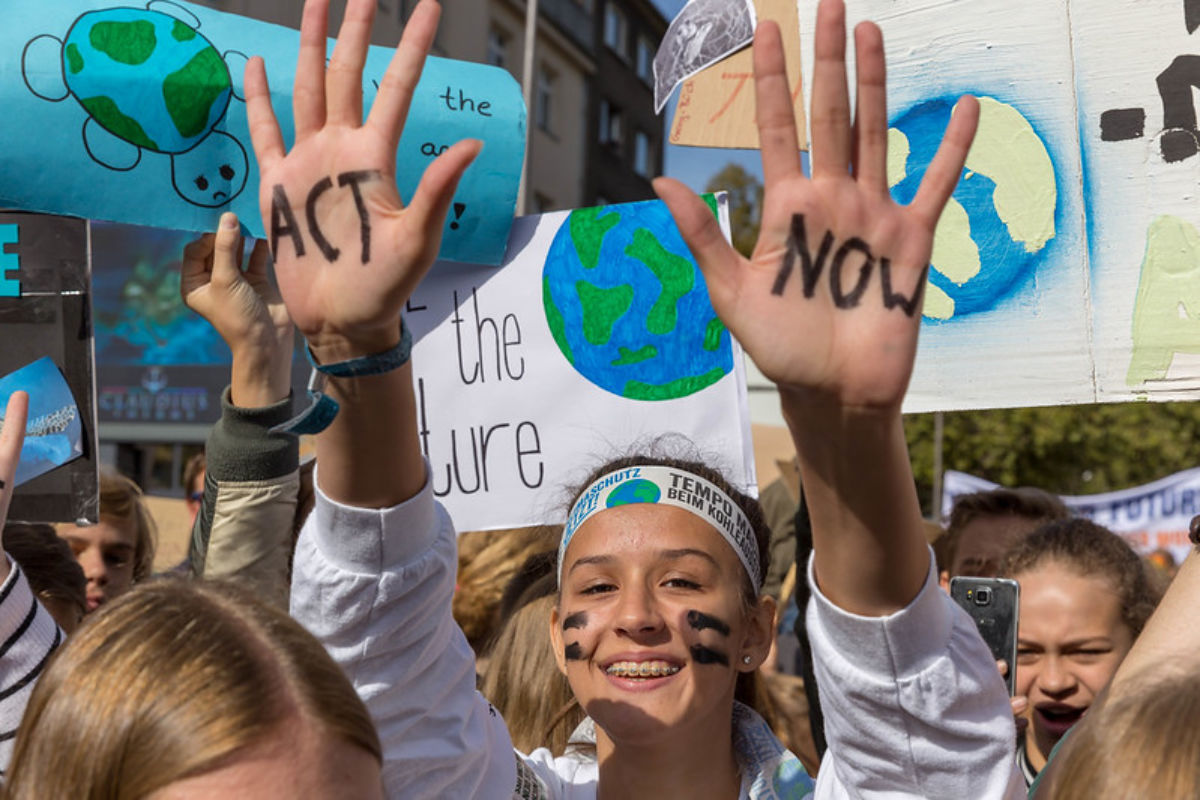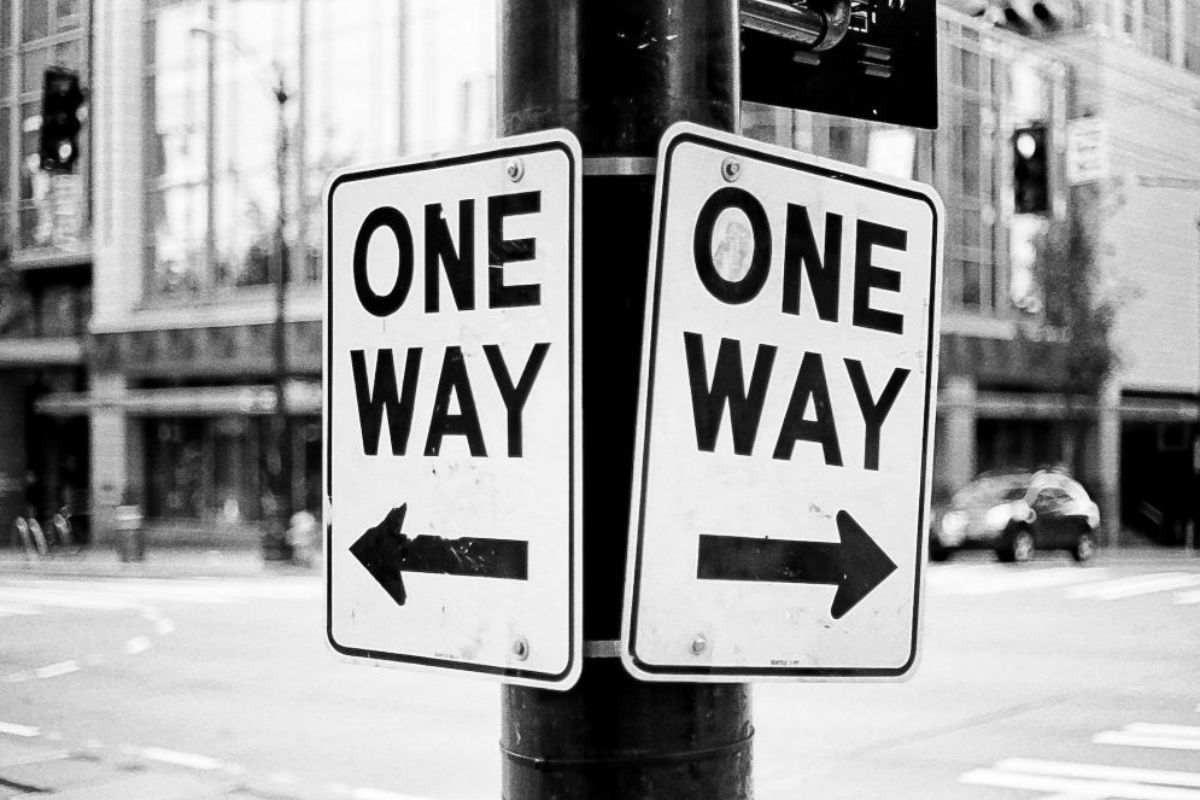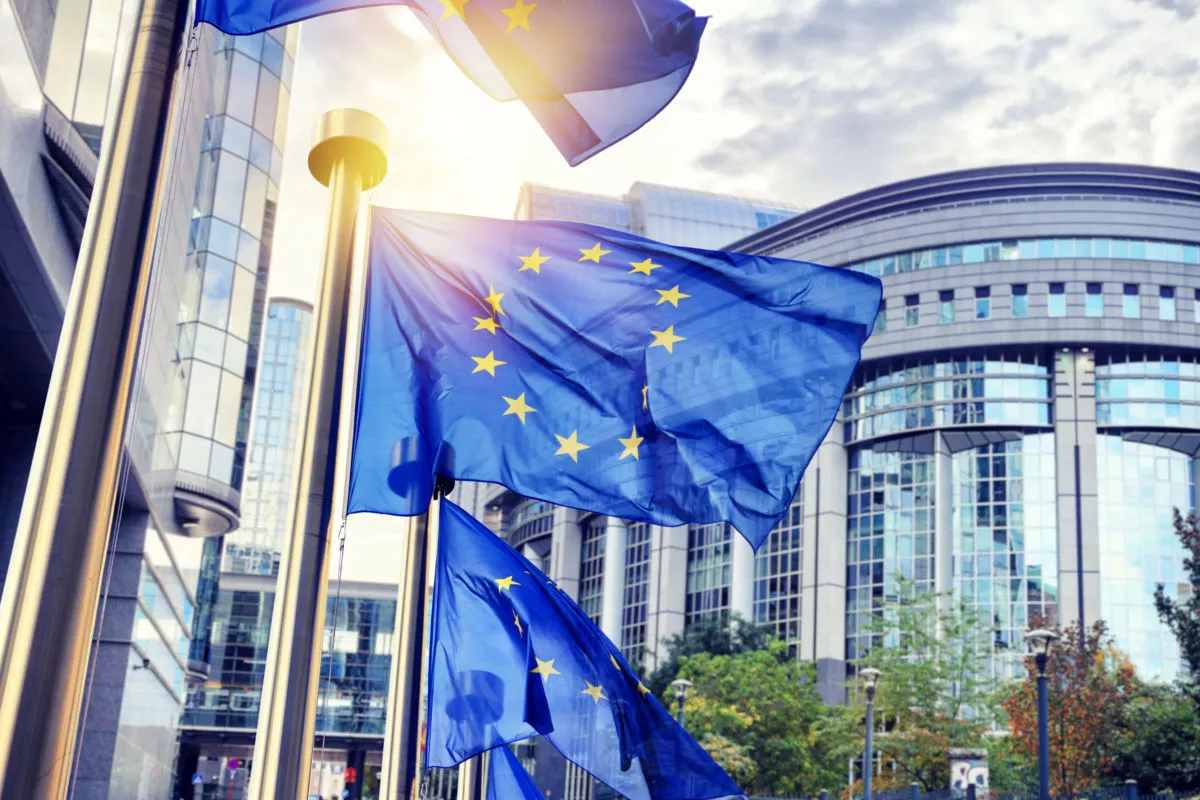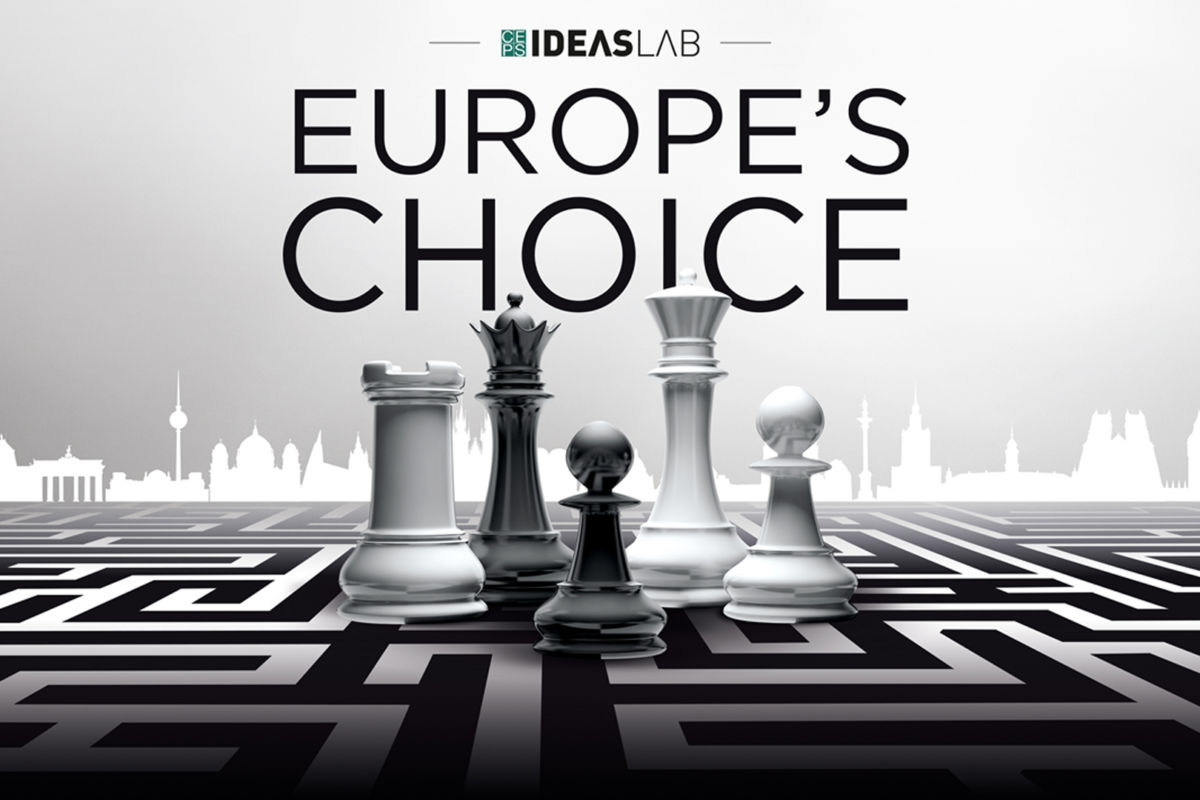The democratic rule of law is badly deteriorating in many parts of the world and those responsible are hiding in plain sight. In fact, they’re not hiding at all, but they do pretend that their conduct supposedly benefits the public good instead of seriously harming it.
A play on ‘oligarchy’, ‘broligarchy’ is being increasingly used to describe the influence and power of US tech billionaires not only on certain policies and legislation, but on the entire system of checks and balances that underpins the rule of law. While it’s true that a small group of billionaires and the political right have developed a symbiotic relationship across the US and also in Europe, there’s more to this story than merely condemning a few select incredibly wealthy individuals.
In Europe – like everywhere else – corporate influence on policymaking has long been an issue, as lobbyists working for big companies tend to have ‘privileged access’ to decision-makers and, thanks to the millions they spend, have a more extensive impact on political outcomes. This creates a ‘two-tier’ version of democracy, where immense wealth can easily be translated into political power, reinforcing and exploiting existing inequalities across society.
Meanwhile, another International Women’s Day has come and gone, with many political leaders emphasising equal rights and social justice. Their words, however, are hollow so long as moderates continue flirting with the ever-stronger extreme right and most political groups continue to accommodate corporate interests that might be diametrically opposed to justice and equality.
To deliver on the grand ideals of justice, democracy and even equality – as promised in the EU Treaties, in the Charter, in national constitutions and countless political manifestos – the EU must meet the challengers to its core values head on. Instead of falling in line with the backlash against diversity, equity and inclusion (DEI), it must double-down on its supposed commitment to these principles.
Bad bromance
A system of government disproportionately serving the wealthiest members of society is not a democracy but a plutocracy. Such a system allows a very small minority – and the corporate giants – to push for their own interests, which tend to focus on a single thing: profit.
In the meantime, the situation of those living in poverty has barely changed over the past few decades, with over 3.5 billion people worldwide living under the poverty line, while more individuals are achieving billionaire status and capitalising on the power this wealth affords.
At the same time, discontent is growing in the EU, thrusting many into the waiting arms of the Eurosceptic far right. There are many reasons for this discontent but persisting inequality, poverty and the feeling of a lack of political agency are major contributors.
Paradoxically, the far right, while attracting more and more voters, is also enjoying increasing support from the wealthy and influential, leading them to brandish agendas that are exclusionary to the most marginalised communities while promoting deregulation, tax cuts for the rich and defunding sectors such as R&D. The result of this political ‘marriage’ inevitably leads to a plutocratic system governed by the self-interests of those in power – which requires a systemic dismantling of the rule of law.
This means quashing dissenting voices, targeting watchdogs, buying up media outlets and turning them into propaganda megaphones, spending copious amounts of money to sway election results and, of course, eliminating checks and balances. But to draw attention away from the fact their programmes remain self-serving to the core, the far right opts to use ‘weapons of mass distraction’, giving impressionable voters red herrings to hate on instead. This includes not only women but also immigrants, transgendered folk and other marginalised communities, who are instrumentalised as a common enemy for disillusioned populations to unite against.
These policies not only fail to bring about the change that led to the discontent in the first place, but they merely reinforce a political system that leaves much of the population behind.
Instead, the real threat to the survival of the democratic rule of law and equal rights for all is not DEI, affirmative action or the ‘welfare state’. It’s the economic-political system that increasingly values profit over people. If only corporate interests shape our world, then there won’t be democracy and there surely won’t be any social justice.
Yet water is the lord
For now, the EU is hanging on – albeit the possible descent into a full-blown plutocracy hangs over our heads like the Sword of Damocles.
There’s a lot that the EU can do though. The uncompromising enforcement of key laws, such as the GDPR and the DSA would help check big tech. Additionally, the Commission should start cracking down on governments that constantly violate the rule of law and other Article 2 principles by triggering Article 7(2) TEU and suspending their voting rights.
The EU must also shift gears on ‘equality’. Instead of withdrawing legislative proposals like the long-stalled Equal Treatment Directive and seemingly treating the equality portfolio as an afterthought, the Commission must reverse course while it still can. This means adopting stronger measures and strategies in the realm of gender equality, anti-racism and LGBTIQ+ inclusion as a matter of protecting EU values, while re-committing to support civil society and citizens’ participation.
Yet the EU cannot fully eradicate the plutocratic nightmare and it’s not even certain whether it really wants to. Parts of the centre and the right-wing moderates have consistently been sliding further to the right. There are also multiple Member States with the far right in the driver’s seat or part of a coalition, while corporate-driven corruption scandals within the EU institutions keep popping up like mushrooms.
So, what’s left once the far right isn’t on the fringes anymore but centre stage? When the EU institutions become dominated by those who want to abolish the rule of law rather than uphold it? When there’s no more cordon sanitaire?
In the 1840s, a firebrand Hungarian poet, Sándor Petőfi, published a poem meant to remind the ‘common folk’ of their power to demand change, likening them to a great ocean, visualising the oppressors as a boat riding its waves. As the poem aptly paints it, no matter how big the boat – and how rich its owners – it’s still the water that rules.
This is where the light comes in – in our power as citizens, as voters, as advocates for justice. The mighty sea can topple any ship – and while the influence of wealth and corporate interests may seem irreversible, there’s unprecedented strength in numbers. Even during deeply uncertain times, if we’re all willing to fight for our fundamental values, there’s always hope.
For the third year in a row, CEPS is marking International Women’s Day on 8 March with a special short series of Expert Commentaries to highlight the insights and expertise of some of our most talented female researchers.



